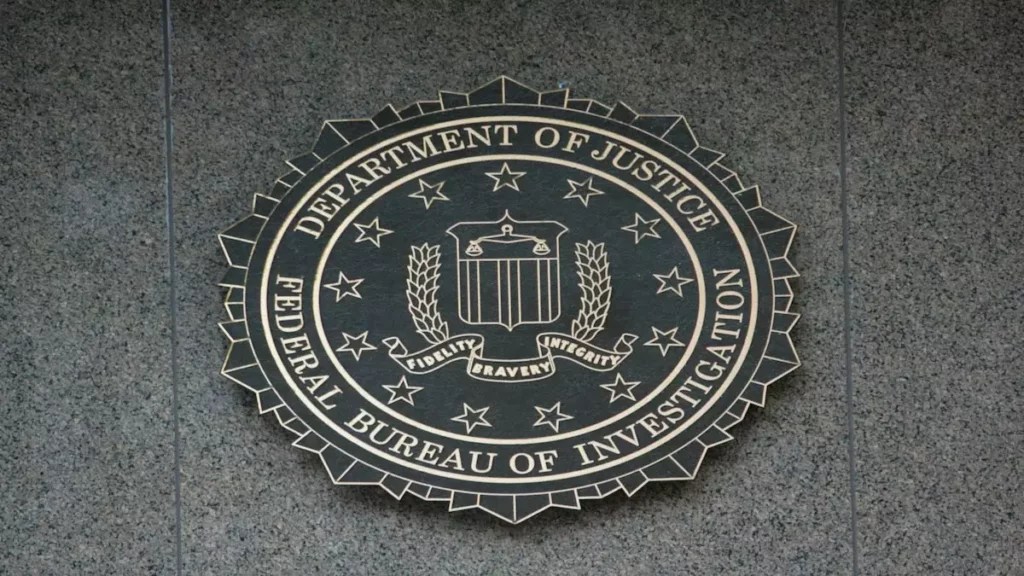The FBI recently made headlines with a groundbreaking decision to employ Non-Fungible Tokens (NFTs) in the return of $1.14 million to victims of the CluCoin fraud. This marks a significant departure from traditional methods of victim outreach and restitution in cases of cybercrime. By leveraging the unique properties of NFTs, law enforcement agencies are pioneering a new approach to enhancing accountability and transparency in legal proceedings.
The use of NFTs allows the FBI to directly communicate with CluCoin fraud victims, providing them with detailed instructions on how to reclaim their stolen funds. By embedding essential recovery information within the NFTs, the FBI can ensure that only legitimate victims are guided through the restitution process, thereby minimizing the risk of further fraudulent activity. This innovative method not only streamlines the process of victim reimbursement but also sets a precedent for the future use of NFTs in civil and criminal cases.
Implications for Law Enforcement and Regulatory Frameworks
The increasing adoption of NFTs in law enforcement is prompting regulators to address the need for standardized governance of these digital assets. Currently, NFTs operate in a largely unregulated environment, with rules varying significantly across jurisdictions. As law enforcement agencies embrace NFTs in their investigations, the importance of establishing uniform regulatory frameworks becomes more apparent. This development may also foster collaborations between government institutions and blockchain platforms to safeguard the assets of financial crime victims.
Future Applications of NFTs in Legal Transactions
As NFT technology continues to evolve, it has the potential to revolutionize the field of digital law enforcement. The FBI’s successful utilization of NFTs in recovering funds from CluCoin investors serves as a testament to the efficacy of this innovative approach. Looking ahead, NFTs could become a fundamental tool for verifying identities securely, communicating claims of restitution, and managing legal documents in a transparent and tamper-proof manner. The seamless integration of NFTs into law enforcement practices may pave the way for their widespread adoption across various legal and government contexts.
The FBI’s decision to employ NFTs in assisting victims of the CluCoin fraud represents a pivotal moment in the evolution of digital law enforcement. This groundbreaking use of NFTs demonstrates their potential to become a cornerstone of “digital policing” in the crypto world. As NFTs mature and become more widely accepted, they may emerge as a hallmark of modern law enforcement practices. The collaboration between law enforcement agencies, regulatory authorities, and blockchain platforms is essential in creating a cohesive framework that upholds the integrity of legal transactions in the digital age.


















Leave a Reply